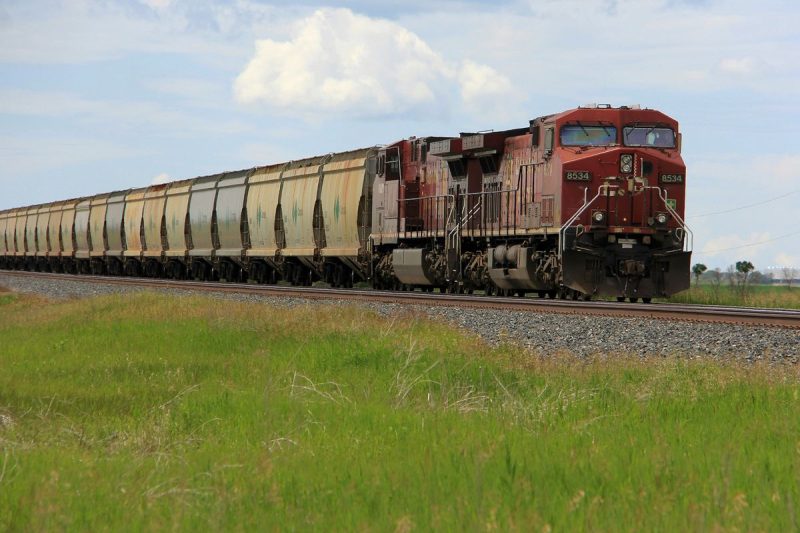The recent lockout of Canadian Pacific Railway (CP Rail) workers has caused a major disruption in the transportation of potash, oil, and metal shipments. This significant event not only affects the companies involved but also has broader implications for the economy and various industries that rely on these commodities for production and distribution.
Potash is an essential mineral used primarily in agricultural fertilizers. Canada is one of the world’s leading producers of potash, and any interruption in its transportation can have a ripple effect on global food production. With the halt in potash shipments, farmers may face challenges in securing an adequate supply of fertilizers for their crops, potentially leading to decreased agricultural output and higher food prices.
The suspension of oil shipments is another critical aspect of the CP Rail lockout. Canada is a major producer of oil, particularly from the oil sands in Alberta. The disruption in oil transportation can impact domestic energy supplies and global oil markets. A decrease in oil production and transportation may lead to higher energy prices, affecting consumers and businesses that rely on oil for various purposes.
Metal shipments being put on hold also pose significant challenges for industries that depend on these materials for manufacturing and construction. Metals such as steel, aluminum, and copper are essential components in a wide range of products, from vehicles and machinery to infrastructure projects. The delay in metal shipments can disrupt supply chains, delay production timelines, and potentially increase costs for manufacturers and builders.
The lockout of CP Rail workers highlights the vulnerabilities in Canada’s transportation infrastructure and supply chain resilience. It underscores the importance of having contingency plans in place to address labor disputes and other disruptions that can impact the movement of goods across the country. Companies and industries that rely on rail transportation must consider diversifying their shipping methods and exploring alternative routes to mitigate the impact of such disruptions in the future.
In conclusion, the halt in potash, oil, and metal shipments due to the lockout of Canadian rail workers has far-reaching consequences for various industries and the economy as a whole. It emphasizes the interconnectedness of supply chains and the need for robust contingency plans to address disruptions in transportation and logistics. As the situation unfolds, stakeholders must work together to find solutions that minimize the impact of these disruptions and ensure the continued flow of essential commodities to markets and consumers.

